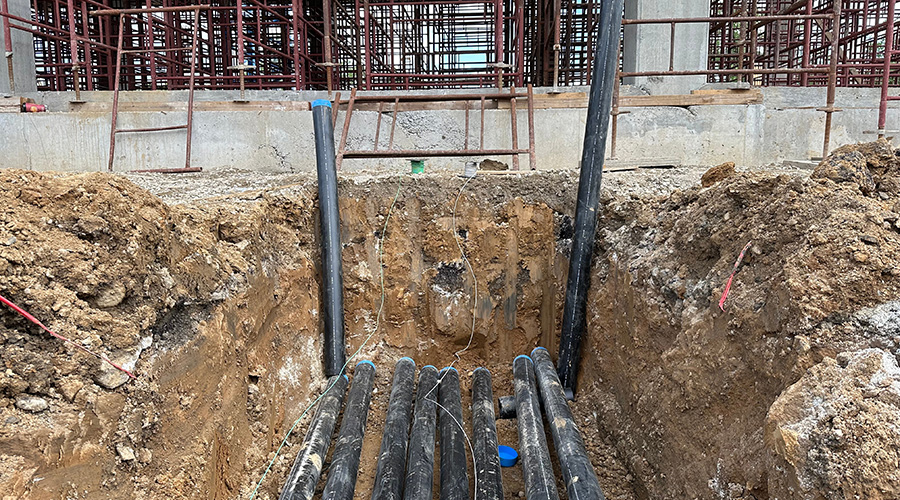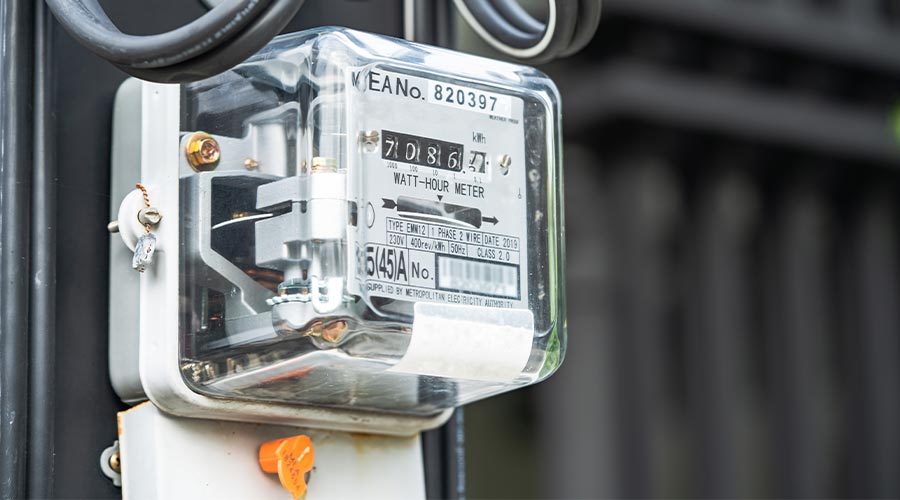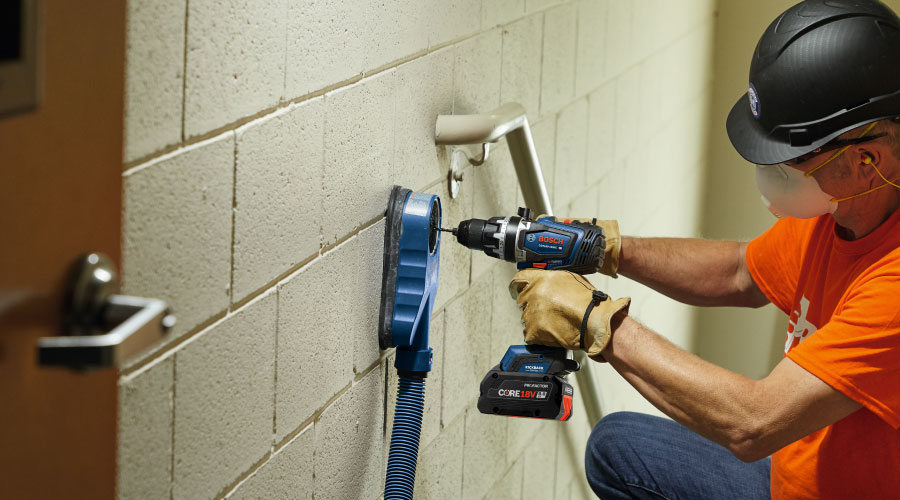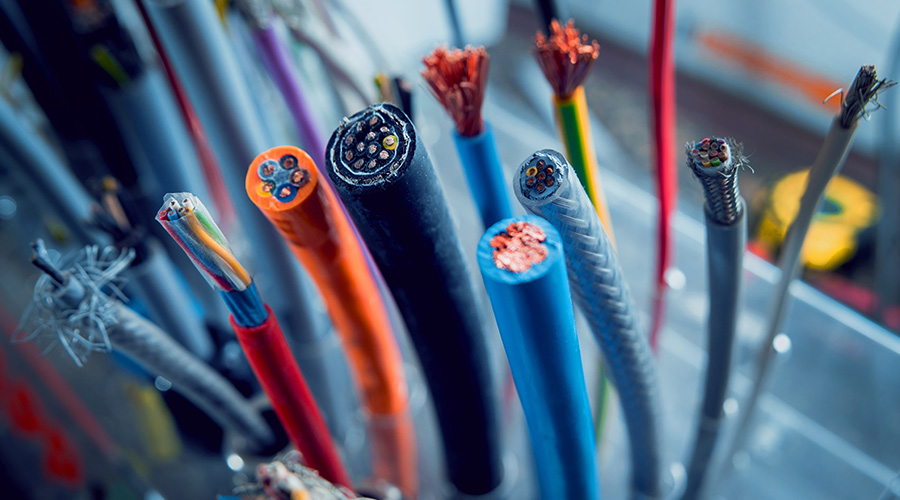Department of Energy Rolls Out More Spending For Energy Efficiency Projects
The Department of Energy has announced that a $346 million investment from the American Recovery and Reinvestment Act is now available to expand and accelerate the development, deployment, and use of energy efficient technologies in all major types of commercial buildings, as well as new and existing homes.
The Department of Energy has announced that a $346 million investment from the American Recovery and Reinvestment Act is now available to expand and accelerate the development, deployment, and use of energy efficient technologies in all major types of commercial buildings, as well as new and existing homes.
Residential and commercial buildings consume 40 percent of the energy and represent 40 percent of the carbon emissions in the United States. With the application of new and existing technologies, buildings can be made up to 80 percent more efficient or even become "net zero" energy buildings with the incorporation of on-site renewable generation, according to DOE.
Funding includes:
Advanced Building Systems Research ($100 million)
These projects will address research focused on the systems design, integration, and control of both new and existing buildings. Buildings need to be designed, built, operated, and maintained as an integrated system in order to achieve the potential of energy efficient and eventually net zero-energy buildings. These projects will move beyond component-only driven research and address the interactions in buildings as a whole, in order to progress development of integrated, high performance buildings and achieve net zero-energy buildings.
Commercial Buildings Initiative ($53.5 million)
These Recovery Act funds will be used to accelerate and expand partnerships with major companies that design, build, own, manage, or operate large fleets of buildings and that commit to achieving exemplary energy performance. This funding will be used to expand the number of these partnerships from 23 to about 75 through a competitive process beginning in September 2009.
Buildings and Appliance Market Transformation ($72.5 million)
In order to achieve energy savings, and ultimately lead to zero-energy buildings, the marketplace must be conditioned to accept the necessary advanced technologies and activities and ensure that the current technologies are performing as intended via current energy efficiency standards. Key activities include expanding ENERGY STAR to accelerate development of energy efficient products and expand the ENERGY STAR brand into new areas; preparing the design, construction, and enforcement community to implement commercial building energy codes that require a 30 percent improvement in energy efficiency over the 2004 code in 2010; and accelerating and expanding DOE's appliance standards program to evaluate innovative technologies and develop new test procedures that are more representative of today's energy use and equipment.
Solid State Lighting Research and Development ($50 million)
The objective of the solid state lighting activities is to advance state-of-the-art solid-state lighting (SSL) technology and to move those advancements more rapidly to market through a coordinated development of advanced manufacturing techniques. This project will both aid in the development and reduce the first cost of high performance lighting products. Continuing advances can accelerate progress towards creating a U.S.-led market for high efficiency light sources that save more energy, reduce costs, and have less environmental impact than other conventional light sources.
Residential Buildings Development and Deployment ($70 million)
Expanded work in residential buildings will increase homeowner energy savings by supporting energy efficient retrofits and new homes while raising consumer awareness of the benefits of increased health, safety, and durability of energy efficiency. The projects will provide technical support to train workers and create jobs, developing a new workforce equipped to improve the nation's homes and will permit a major initiative to provide builders with technical assistance and training through states, utilities, and existing programs to increase the market share of new homes achieving substantial whole house energy savings. To address existing homes, DOE will work with municipalities with a variety of housing types and vintages as well as subdivisions with similar housing stock to encourage a large number of energy efficiency retrofits.
Related Topics:











